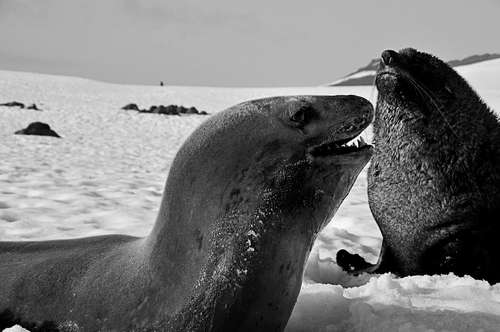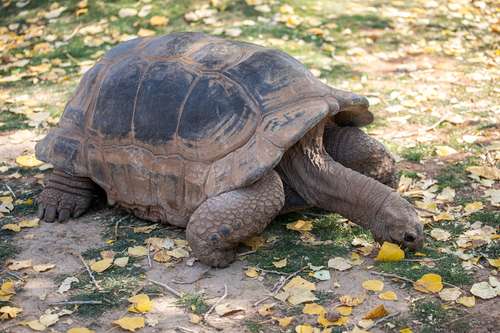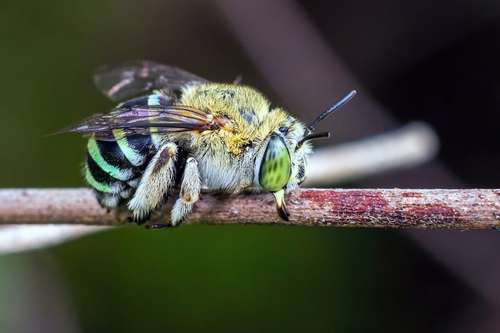King Charles III bestowed a royal title on the Golden Guernsey Goat on July 16, 2024, therefore demonstrating leadership in the preservation of uncommon breeds. He was visiting the Channel Islands with Queen Camilla when this historic event occurred. The Golden Guernsey Goat, a breed native to the island of Guernsey, is now officially recognized as the "Royal Golden Guernsey Goat."
A Royal Visit with a Purpose
During their two-day trip to the Channel Islands, King Charles and Queen Camilla paid Guernsey visits. The royal couple met with local dignitaries and citizens in the event conducted at Les Cotils at L'Hyvreuse, Saint Peter Port, which marked the climax of the trip. The event drew considerable attention, emphasizing the importance of preserving the unique biodiversity of the region.
The Golden Guernsey goat, a breed local to the island of Guernsey, was noted for its unique pale blond coat and pleasant attitude during the visit. On the Rare Breeds Watchlist, this breed is described as "at risk." This emphasizes how delicate this meek and kind breed is. Renowned for its superb milk output, the Golden Guernsey Goat is absolutely vital in environmentally friendly agricultural methods.
King Charles III spoke of the beauty of the small creature's coat as he stroked it, stressing the need for safeguarding such unusual breeds. He asked a local teenager to put an engraved brass bell around the neck of eight-year-old Golden Guernsey goat, Summerville Tamsin.
Breeder of the eight-year-old Summerville Tamsin, the goat chosen to symbolize the breed, Rebecca Martin voiced her hopes that royal acceptance would raise awareness of and support for the Golden Guernsey Goat. "Hopefully, this will raise awareness for the breed," Martin remarked.
A Legacy of Conservation
The dairy breed, distinguished by its golden skin and brown hair, has a history dating back 200 years. Before Miriam Milbourne rediscovered the breed in the 1920s, the Golden Guernsey goats were supposed to have become extinct like several other animals. To guarantee their lives during the Nazi takeover of the island in the 1940s, Milbourne sheltered them in her house. She then started a feeding program to assist in breed preservation in the 1950s.
The King's action also delighted Christopher Price, the Chief Executive of the Rare Breeds Survival Trust. He pointed out that the acknowledgement emphasizes the historical relevance of the breed as well as its importance for sustainable food production, the ecology, and biodiversity. Price said, "being choosy in what they eat, their grazing can provide very specific environmental benefits."
King Charles III's acceptance of the Golden Guernsey Goat emphasizes the more general initiatives toward environmental sustainability and rare breed preservation. The royal visit and the title conferral should help to increase local and worldwide support for environmental projects.
"We are very grateful to His Majesty for his continuous, greatly valued support," Price said, stressing the need for such endorsements in increasing public awareness and financing for conservation activities.




